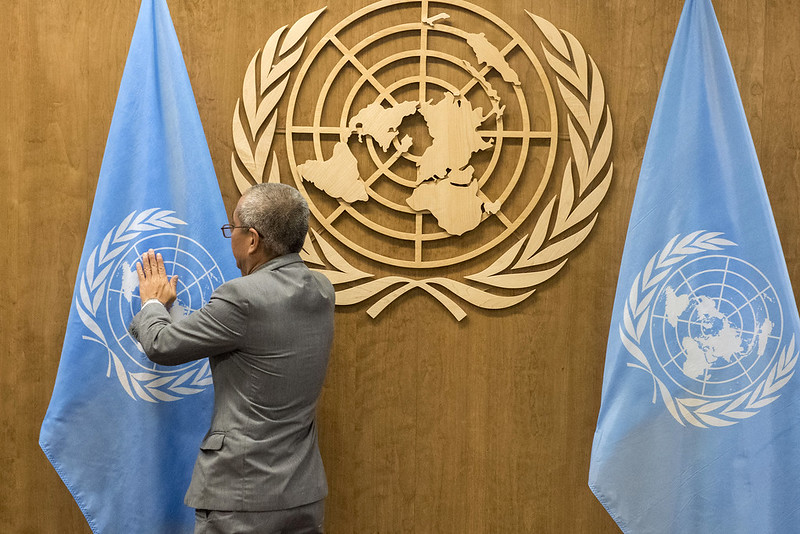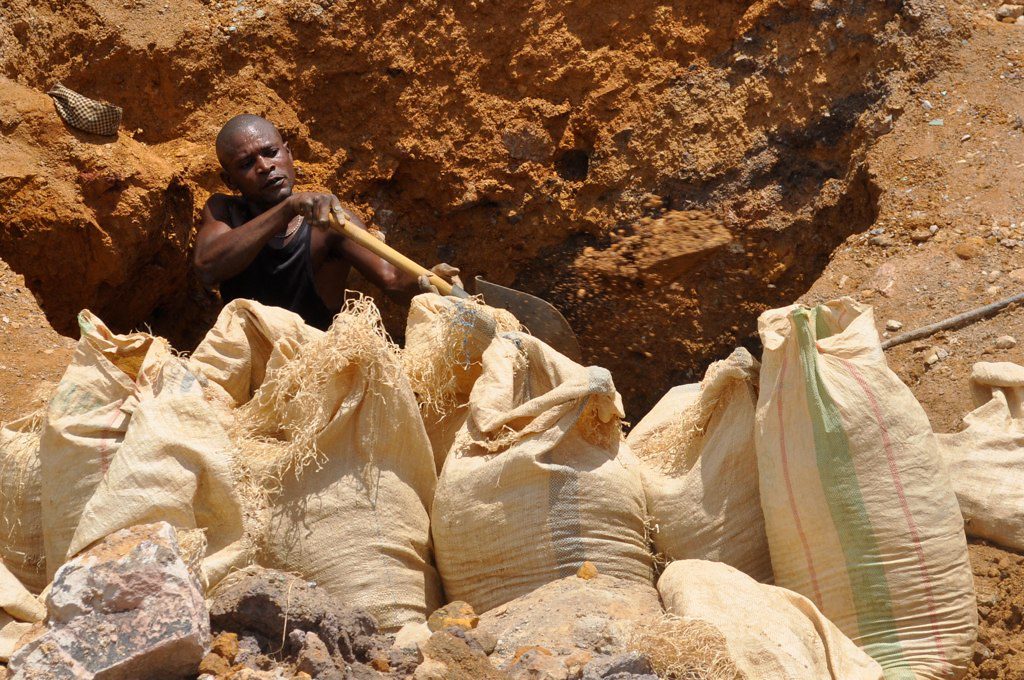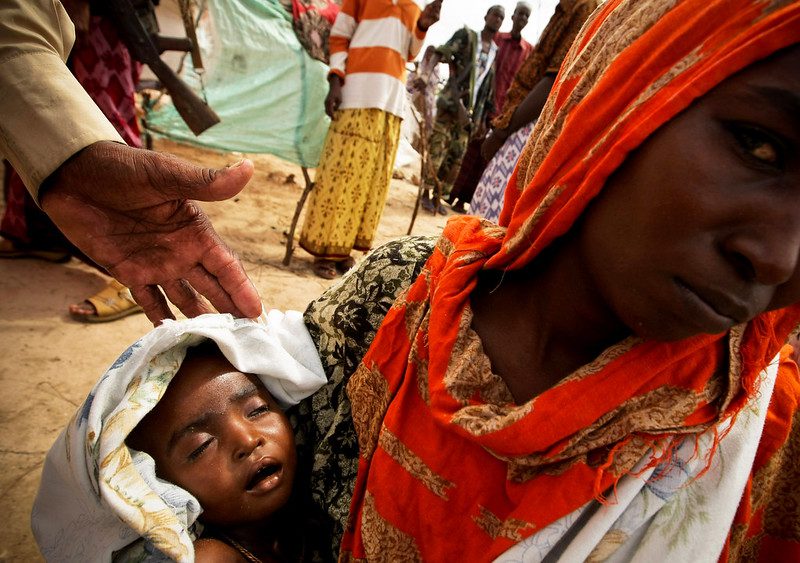Thirty years ago this week, on July 11, 1993 to be precise, a military attorney attached to the UN Operation in Somalia (UNOSOM) instructed that I should be detained.
The stated reason was that I was ‘supporting the propaganda efforts of the USC’. The United Somali Congress was the military-political organization headed by General Mohamed Farah Aideed, who was at that time in a brutal armed confrontation with UNOSOM and US Special Forces.
The immediate background was that on the previous day I had gone to the military attorney’s office at the UNOSOM headquarters in Mogadishu, with my copy of the Geneva Conventions, bookmarked in various pages with Somali 1000 shilling notes, to ask what the US and UN had to say about a number of violations of international humanitarian law that I had been documenting. These included artillery and aerial attacks on hospitals, numerous abuses against civilians at roadblocks and by patrols and during searches of neighborhoods. The pattern preceded the outbreak of open conflict between the USC and the UN forces in Mogadishu but had escalated since Aideed’s forces killed 24 Pakistani peacekeepers who had been ordered to take control of Radio Mogadishu, occupied at that time by USC soldiers.
To my surprise the military attorney replied that troops serving with the UN were bound only by UNSC resolution 837 (June 8, 1992), authorizing them to use ‘all necessary measures’ including force. The UN was not, he said, bound by the Geneva Conventions, because the UN was not a signatory to them. He challenged me, saying, ‘surely you don’t believe these stories.’ To which I replied, ‘I have been investigating them myself.’ He then asked me to return two days later. The following day the UN morning brief included the general instruction for me to be detained. I am told that there was a specific order that I should be held and interrogated.
Had I known that this order had been issued, I would have got myself detained, to see what they would do. As it happened, I left town the following morning, because I was advised that where I was staying was about to become extremely dangerous. It was good advice: no sooner had I arrived in Nairobi than I learned that four journalists had been killed barely 50 yards from where I was staying, after a US helicopter fired a missile into a meeting of Somali elders, killing more than fifty. When the journalists rushed to the scene, an angry crowd turned on them.
The background to this was that in December 1992, when President George H.W. Bush ordered the Marines to Mogadishu in ‘Operation Restore Hope,’ I was working at Human Rights Watch Africa (then called Africa Watch) with my colleague Rakiya Omaar. Our headquarters instructed us to support the intervention. In conscience, we could not do this. The intervention was not based on consultation with Somalis, it was in response to a narrative about the conflict and famine that was incorrect, it did not address the causes of the crisis, and there were no guarantees that the intervening troops would respect human rights.
In an article for The Guardian, Rakiya and I spelled out our case, writing that ‘there is a great danger that the US forces will create a larger problem than they can solve,’ and when they withdrew, ‘it will be worse than square one.’
In a radio interview, I asked whether the Marines were ‘the vanguard of the humanitarian international or the stormtroopers of a new philanthropic imperialism.’ The answer, perhaps, was both.
Rakiya was fired from Human Rights Watch and I resigned. We set up a new organization, African Rights, and I returned to Somalia to see how things were going. Worse than even we had forecast, it transpired.
In June and July 1993, I investigated violations by a range of international forces in Somalia, published as a report, ‘Somalia: Human Rights Abuses by the United Nations Forces.’ (Sadly I cannot now locate a copy.)
Later, spurred to revisit the episode by the one-sided portrayal of events in the newspaper articles ‘Black Hawk Down,’ which later became a movie, I wrote an article ‘US war crimes in Somalia’. Some of my conclusions about the perils of humanitarian intervention, and about US warfighting in cities, have stood the test of time:
Mogadishu also compels us to ask, is US military doctrine itself compatible with fighting a determined enemy without inflicting wholly disproportionate casualties on the surrounding population? It appears that the US Army may have become so dedicated to the myth of a painless victory that it cannot cope with adversity, and at the same time retain the essential minimum of humanity in warfare. Or, to put the matter more bluntly, does the US Army no longer fight but rather massacre?
Photo: United Nations Office at Geneva Flags (CC BY-SA 4.0)



